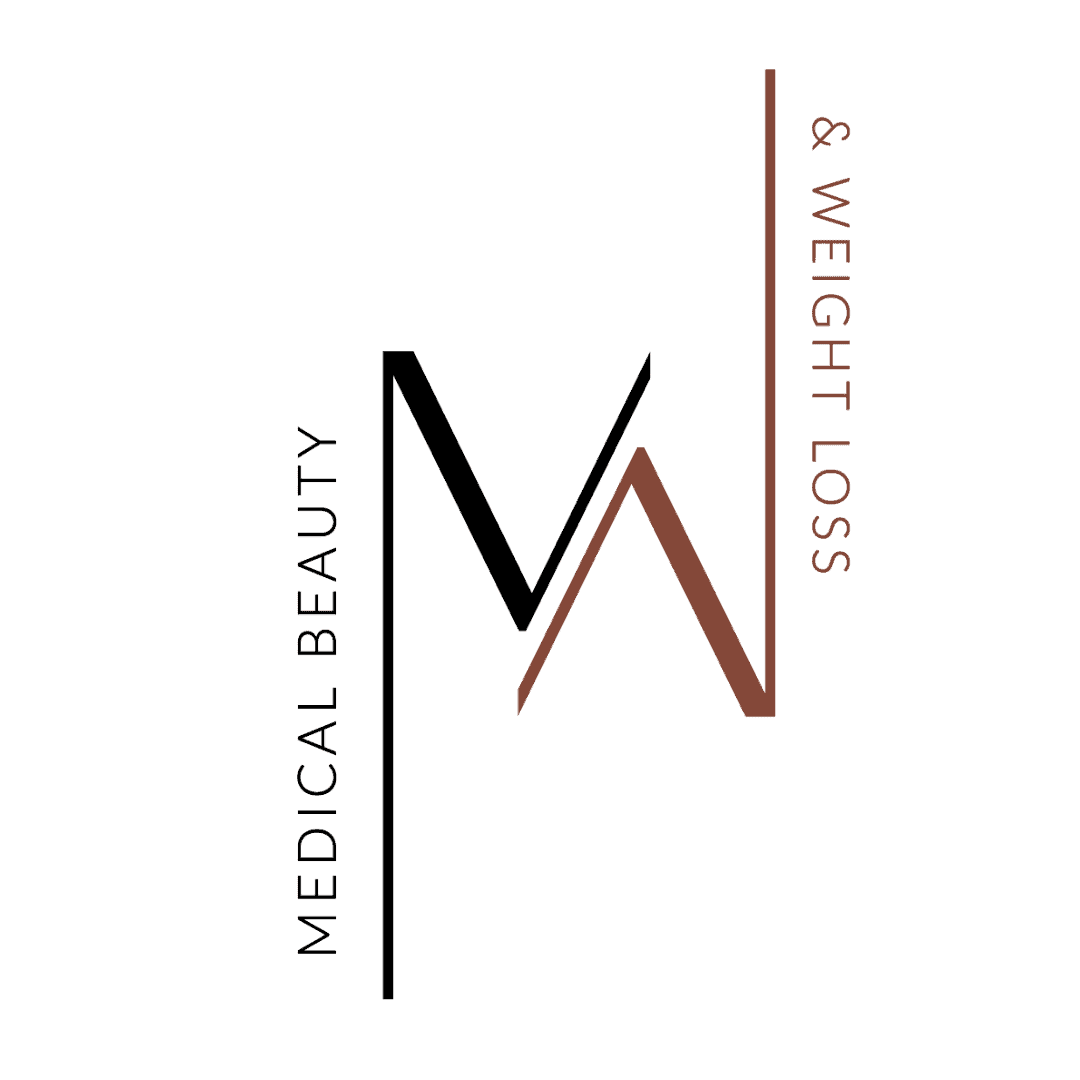As we age, our skin undergoes various changes, including the development of fine lines, wrinkles, and sagging. These signs of aging can be attributed to a decrease in collagen and elastin production, as well as the effects of environmental factors such as sun exposure and pollution. Medical skin care can address these concerns through treatments like retinoids, which stimulate collagen production and improve skin texture.
Additionally, procedures like laser therapy and chemical peels can help reduce the appearance of wrinkles and fine lines, promoting a more youthful complexion. Furthermore, medical-grade skincare products containing ingredients like hyaluronic acid, vitamin C, and peptides can effectively hydrate the skin and improve its elasticity, diminishing the visible signs of aging. By consulting with a dermatologist or skincare professional, individuals can receive personalized recommendations for addressing their specific aging skin concerns, leading to a more rejuvenated and radiant complexion.
Key Takeaways
- If you are experiencing signs of aging skin such as fine lines, wrinkles, and sagging, medical skin care may be necessary to address these concerns.
- Acne and breakouts can be effectively treated with medical skin care, which can target the root causes of these skin issues and provide long-term solutions.
- Sun damage and hyperpigmentation can be improved with medical skin care treatments that can help to fade dark spots and even out skin tone.
- Dry and dehydrated skin can benefit from medical skin care products and treatments that can provide deep hydration and restore the skin’s moisture barrier.
- Conditions such as eczema, psoriasis, rosacea, redness, and skin sensitivity and irritation can be managed with the help of medical skin care tailored to address these specific concerns.
Acne and Breakouts
Medical Solutions for Acne Management
Medical skin care offers various solutions for managing acne, including prescription-strength topical treatments like retinoids and benzoyl peroxide, which can effectively unclog pores and reduce inflammation.
Professional Treatments for Severe Cases
In severe cases, oral medications such as antibiotics or isotretinoin may be prescribed to address persistent acne. Moreover, professional treatments like chemical peels and microdermabrasion can help exfoliate the skin, preventing the buildup of dead skin cells and reducing the occurrence of breakouts.
Maintaining Clearer Skin through Skincare and Consultation
By incorporating medical-grade skincare products containing ingredients like salicylic acid and niacinamide into their daily regimen, individuals can maintain clearer, healthier-looking skin. Consulting with a dermatologist or skincare specialist can provide valuable insights into identifying the underlying causes of acne and developing a tailored treatment plan for long-term management.
Sun Damage and Hyperpigmentation
Excessive sun exposure can lead to various forms of skin damage, including hyperpigmentation, sunspots, and uneven skin tone. Medical skin care offers effective solutions for addressing these concerns, such as prescription-strength topical treatments containing ingredients like hydroquinone and tretinoin, which can help lighten dark spots and promote a more uniform complexion. Additionally, procedures like laser therapy and intense pulsed light (IPL) treatments can target hyperpigmentation, stimulating the skin’s natural healing response and reducing the appearance of sun damage.
Furthermore, the use of broad-spectrum sunscreen with a high SPF rating is essential for preventing further sun-induced skin damage. Medical-grade skincare products enriched with antioxidants like vitamin E and ferulic acid can also help protect the skin from free radical damage caused by UV radiation. By seeking professional guidance from a dermatologist or skincare expert, individuals can access comprehensive treatment options for addressing sun damage and achieving a more radiant, even-toned complexion.
For more information on skin care products, visit Amazon.
Dry and Dehydrated Skin
| Metrics | Dry Skin | Dehydrated Skin |
|---|---|---|
| Appearance | Rough, flaky | Tight, dull |
| Causes | Lack of oil | Lack of water |
| Treatment | Moisturizing creams | Hydrating serums |
| Prevention | Using gentle cleansers | Drinking enough water |
Dry and dehydrated skin can result from various factors, including environmental conditions, inadequate hydration, and impaired skin barrier function. Medical skin care offers targeted solutions for restoring moisture balance and improving skin hydration.
Prescription moisturizers containing ingredients like ceramides and hyaluronic acid can effectively replenish the skin’s natural lipid barrier, preventing water loss and enhancing overall hydration levels.
Moreover, professional treatments such as hydrating facials and micro-needling can promote better absorption of moisturizing ingredients, leading to improved skin texture and suppleness. Additionally, incorporating medical-grade skincare products like emollients and humectants into a daily skincare routine can help maintain optimal hydration levels and prevent dryness. Consulting with a dermatologist or skincare specialist can provide valuable insights into identifying the underlying causes of dry or dehydrated skin and developing a personalized approach to restoring skin moisture and resilience.
Eczema and Psoriasis
Eczema and psoriasis are chronic inflammatory skin conditions that can cause discomfort and affect the overall quality of life for those affected. Medical skin care offers specialized treatments for managing these conditions, including prescription topical corticosteroids and calcineurin inhibitors that help reduce inflammation and alleviate symptoms such as itching and redness. Additionally, emollient-rich moisturizers and barrier repair creams can help soothe dry, irritated skin associated with eczema and psoriasis.
Furthermore, phototherapy treatments using ultraviolet light can provide relief for individuals with psoriasis by slowing down the rapid growth of skin cells and reducing inflammation. By working closely with a dermatologist or healthcare provider, individuals with eczema or psoriasis can receive comprehensive care tailored to their specific needs, addressing both acute flare-ups and long-term management strategies for maintaining skin health.
Rosacea and Redness
Rosacea is a common chronic skin condition characterized by facial redness, visible blood vessels, and occasional acne-like bumps. Medical skin care offers targeted treatments for managing rosacea symptoms, including prescription topical medications such as metronidazole and azelaic acid that help reduce redness and inflammation associated with this condition. Additionally, laser therapy and intense pulsed light (IPL) treatments can effectively target visible blood vessels and reduce facial redness in individuals with rosacea.
Moreover, incorporating gentle skincare products specifically formulated for sensitive skin can help minimize irritation and maintain the skin’s natural barrier function. By consulting with a dermatologist or skincare professional, individuals with rosacea can receive personalized recommendations for managing their condition effectively while minimizing triggers that exacerbate symptoms.
Skin Sensitivity and Irritation
Skin sensitivity and irritation can result from various factors such as harsh skincare products, environmental allergens, or underlying skin conditions. Medical skin care offers gentle yet effective solutions for addressing sensitive skin concerns, including hypoallergenic skincare products free from common irritants like fragrances and dyes. Additionally, prescription topical treatments containing soothing ingredients like colloidal oatmeal or niacinamide can help calm irritated skin and strengthen its natural barrier function.
Furthermore, professional treatments such as gentle chemical peels or microdermabrasion can exfoliate the skin without causing excessive irritation or inflammation. By seeking guidance from a dermatologist or skincare specialist, individuals with sensitive skin can receive tailored recommendations for maintaining a gentle yet effective skincare routine that minimizes discomfort and promotes overall skin health. In conclusion, medical skin care offers comprehensive solutions for addressing a wide range of common skin concerns, from signs of aging to specific conditions such as acne, sun damage, eczema, rosacea, and sensitive skin.
By seeking professional guidance from dermatologists or skincare experts, individuals can access personalized treatment plans that incorporate prescription-strength medications, professional procedures, and medical-grade skincare products to achieve optimal skin health and appearance. With the right approach to medical skin care, individuals can effectively manage their specific skin concerns while promoting long-term skin wellness.
FAQs
What are the signs of aging skin?
Some signs of aging skin include wrinkles, fine lines, sagging skin, and age spots. These can be caused by a decrease in collagen and elastin production, as well as exposure to UV rays and environmental factors.
What are the causes of acne and breakouts?
Acne and breakouts can be caused by excess oil production, clogged pores, bacteria, hormonal changes, and inflammation. Factors such as stress, diet, and genetics can also contribute to acne.
What are the effects of sun damage and hyperpigmentation on the skin?
Sun damage can cause hyperpigmentation, which appears as dark spots or patches on the skin. This is caused by an overproduction of melanin in response to UV exposure. Sun damage can also lead to premature aging and an increased risk of skin cancer.
What are the characteristics of dry and dehydrated skin?
Dry skin lacks moisture and may appear flaky, rough, or tight. Dehydrated skin, on the other hand, lacks water and may feel dull, itchy, or sensitive. Both conditions can be caused by factors such as weather, harsh skincare products, and aging.
What are the symptoms of eczema and psoriasis?
Eczema is characterized by red, inflamed, and itchy patches of skin, while psoriasis presents as thick, silvery scales and red patches. Both conditions are chronic and can be triggered by genetics, immune system dysfunction, and environmental factors.
What are the common triggers for rosacea and redness?
Rosacea is often triggered by factors such as sun exposure, hot or spicy foods, alcohol, stress, and certain skincare products. It can cause redness, visible blood vessels, and acne-like bumps on the face.
What are the causes of skin sensitivity and irritation?
Skin sensitivity and irritation can be caused by allergens, harsh ingredients in skincare products, environmental factors, and underlying skin conditions. Symptoms may include redness, itching, burning, and stinging.
What are the factors that contribute to wrinkles and fine lines?
Wrinkles and fine lines are primarily caused by the natural aging process, which leads to a decrease in collagen and elastin production. Other factors such as sun exposure, smoking, and repetitive facial expressions can also contribute to the formation of wrinkles.
• Email: medicalbeautyandweightloss@gmail.com
• Instagram: @medicalbeautyandweightloss
• About Us: Learn More About Our Team
• Book Now: Schedule an Appointment
We look forward to helping you achieve your beauty and wellness








